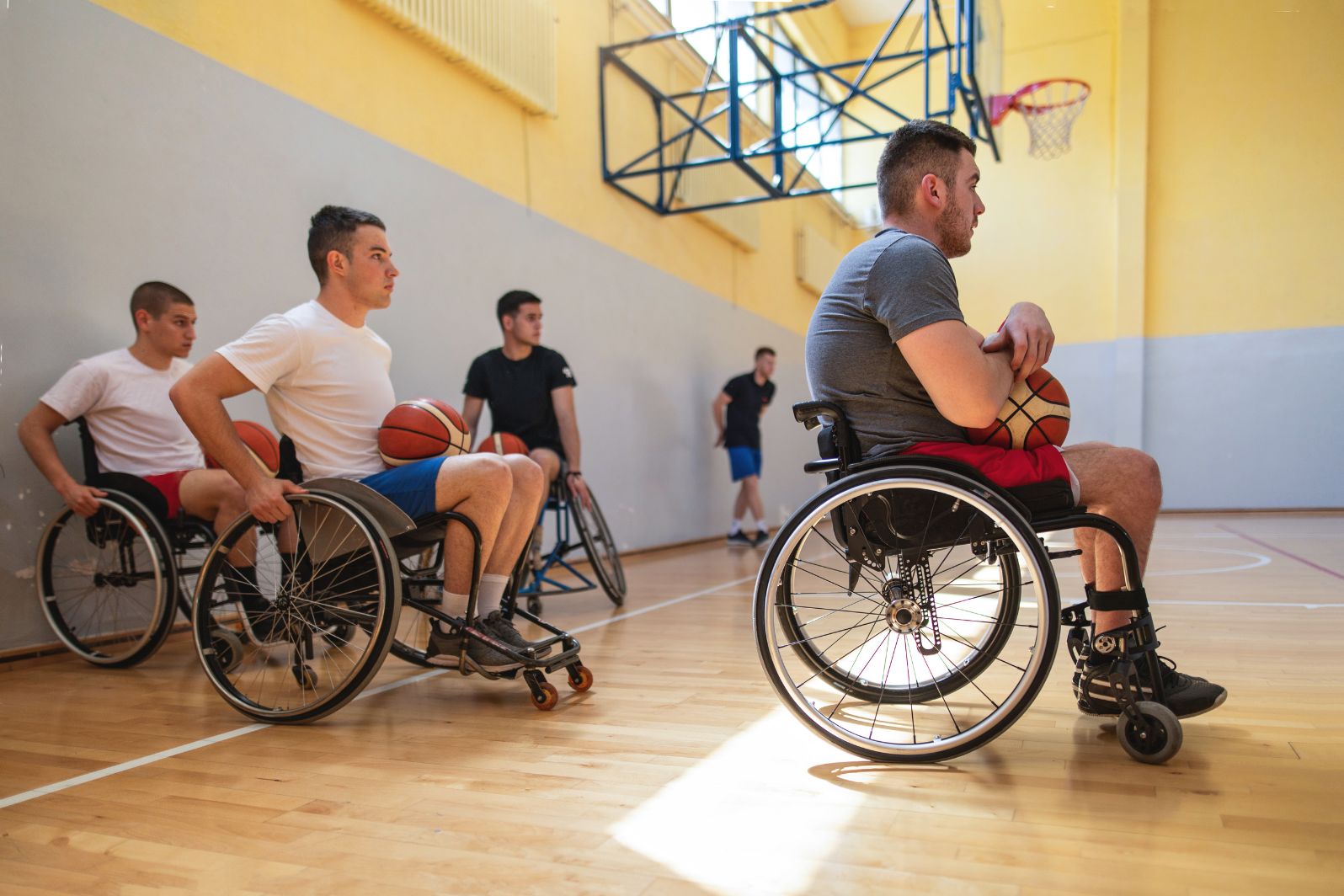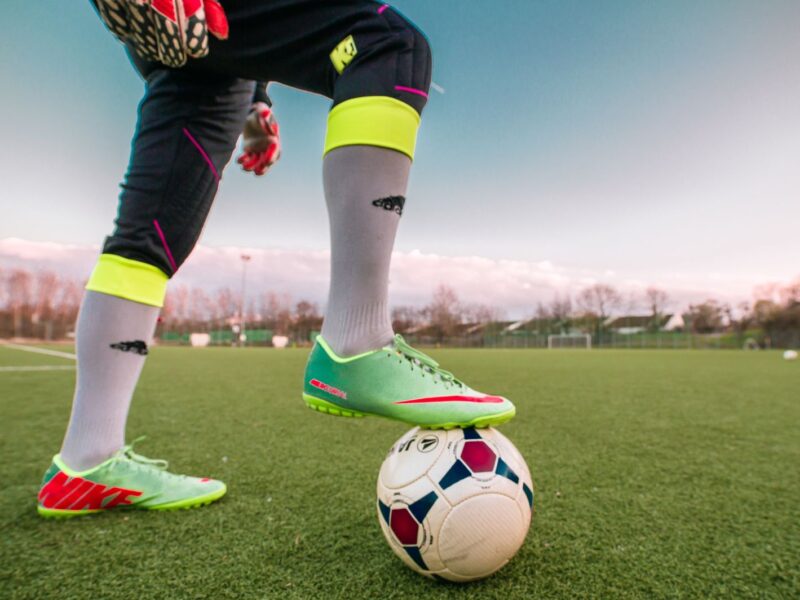If you or someone you know are one of the 39 million people with a physical disability, you have come to the right place.
Many believe the lack of exercise is an issue for people with physical disabilities. However, this is not the case.
Thanks to adapted sports, people with limited movement can enjoy their hobbies. The most popular disabled sports are wheelchair basketball, rugby, fencing, and swimming.
To uncover how these sports and more are transforming lives, read on until the end!
Table of Contents
Physical Health and Well-Being
Adapted sports play a crucial role in improving the health of people with a disability. Around 77% of U.S. citizens don’t get enough exercise. Therefore, everyone with a physical disability must be active as much as possible.
Participation in these sports provides a way to engage in regular physical activity. Over time, this leads to increased strength, flexibility, and cardiovascular endurance.
These sports ensure that people can perform at their highest, regardless of disabilities. Thus, it promotes overall well-being and reduces the risk of secondary health issues.
Boosting Self-Confidence
Not everyone is full of confidence. Sometimes, it can be even more challenging for someone with a physical disability. Participating in disabled sports can significantly boost self-confidence and empower people.
As they master new skills and achieve personal goals, their self-esteem grows. They will start to view themselves as capable and valuable members of society.
The sense of accomplishment can translate into other areas of life. This will give much-needed increased independence and self-reliance.
Social Integration
Someone with disabilities often faces barriers to social interaction. Unfortunately, it can cause feelings of isolation and loneliness.
By partaking in adapting sports, you can form connections with peers and share similar experiences. It creates a sense of belonging and camaraderie.
These sports also bring together families, caregivers, and volunteers. Witnessing this builds a supportive network that improves social interactions and relationships.
Education and Job Options
Engaging in adapted sports can positively impact education and employment options. By learning teamwork, discipline, and perseverance, people with disabilities develop valuable skills. These talents can then be transferable to academic and professional settings.
This enhanced skill set improves their chances of:
- Gaining higher education
- Finding employment
- Leading fulfilling careers
Hence, breaking down barriers will lead to better societal inclusion.
Improved Mental Health
Mental health problems have become a concern in recent years. In the U.S., experts estimate that almost 58 million adults suffer from this issue.
Luckily, adapting sports plays a role in mental health and emotional well-being. Physical activity releases endorphins, reducing stress and anxiety.
By giving an outlet for stress and anxiety, sports contribute to a more positive outlook on life. But ensure you have the correct tools for each sport, such as fitted clubs for golfing with friends.
Inspiration and Role Models
Adapting sports creates new role models and inspiration for people with disabilities. As they witness the achievements of athletes, people with disabilities gain hope. In addition, it will motivate them to pursue their dreams.
These role models show that a disability does not define a person’s potential. Anything is possible with determination, support, and equality in sports.
Join the Fun With Adapted Sports Today
Sports are and should be for everyone. Recently, lots of effort and money have gone into providing people with disabilities a place to enjoy sports and have fun.
Whether it’s for a pastime or a dream to represent a nation, you now have the chance to dive into adapted sports!
This was once a way to improve your lifestyle if you have a physical disability. However, you can uncover more by reading our in-depth blog today!



